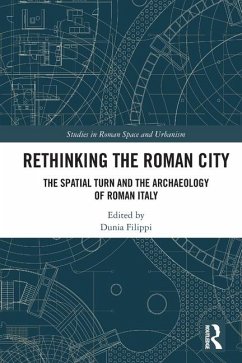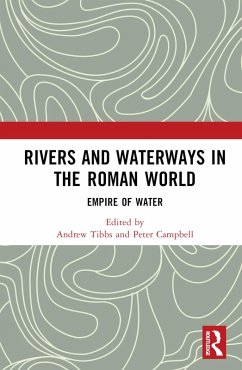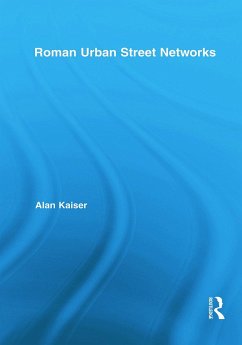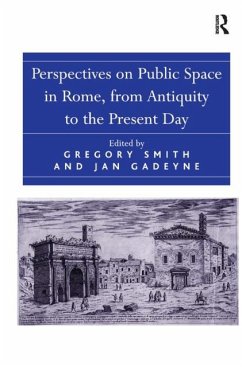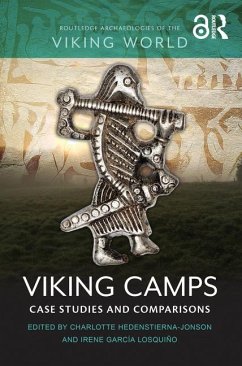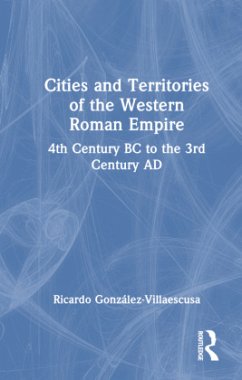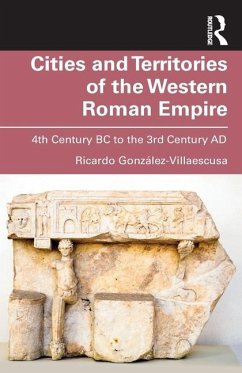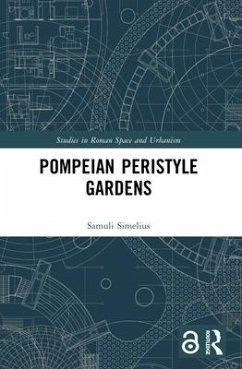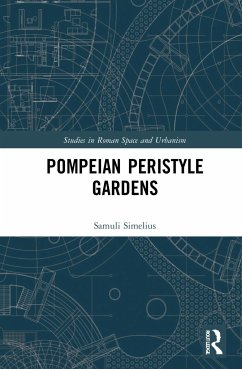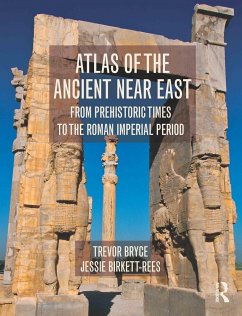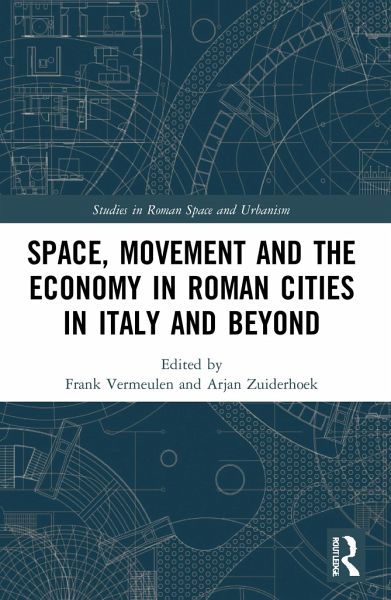
Space, Movement and the Economy in Roman Cities in Italy and Beyond
Versandkostenfrei!
Versandfertig in 2-4 Wochen
58,99 €
inkl. MwSt.
Weitere Ausgaben:

PAYBACK Punkte
29 °P sammeln!
How were space and movement in Roman cities affected by economic life? What can the study of Roman urban landscapes tell us about the nature of the Roman economy? These are the central questions addressed in this volume.




